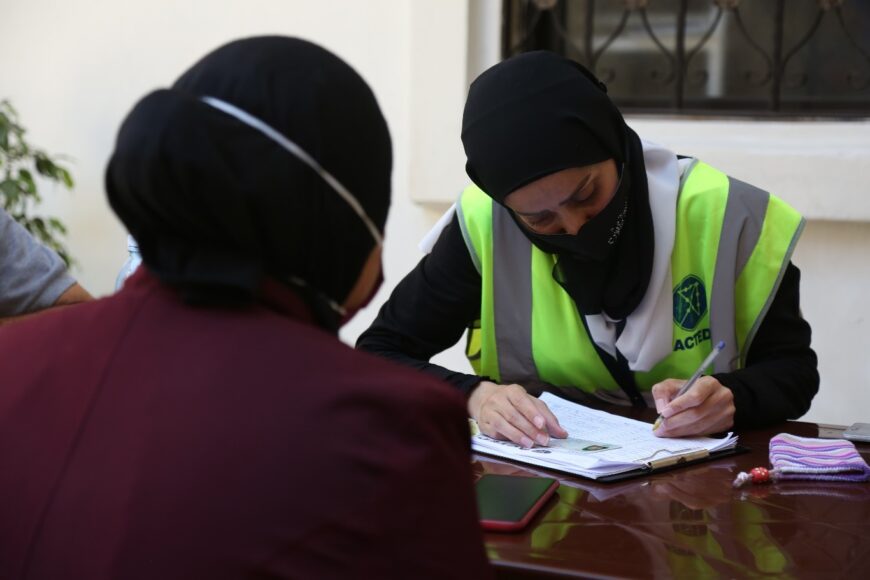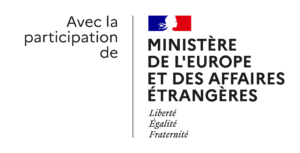Emergency Cash Assistance to cover food and basic needs for vulnerable Lebanese and migrants.
Lebanon is facing overlapping political, social, economic, and financial crises that exacerbate pre-existing vulnerabilities. The unprecedented economic crisis, ranked by the World Bank amongst the most severe globally since the mid-nineteenth century, threatens the ability of Lebanese and migrant families to cover their basic needs.
In response to the increasing humanitarian needs, ACTED is providing emergency cash assistance through the French-Saudi Humanitarian Aid Mechanism with contributions from the French Crisis and Support Centre (CDCS) and the King Salman Humanitarian Aid and Relief Center in the most vulnerable areas of Lebanon.
Vulnerabilities Exacerbated by Overlapping Crises
Since 2019, Lebanon has been witnessing intertwined challenges resulting from years of structural inefficiencies, with major economic, social, political, financial and security implications. The consequences of these volatile dynamics have been further exacerbated by the COVID-19 pandemic and the devastating explosion in the port of Beirut on August 4, 2020. In addition, the rapid depreciation of the Lebanese pound and triple-digit inflation have greatly affected all populations of the country, including migrants. Indeed, the cost of the basic food basket in December 2022 is almost 20 times higher than it was in October 2019.
The rate of multidimensional poverty in the country has now reached a staggering estimated 82% of the population, placing Lebanon in the top 5 largest humanitarian crises in the world. More than 1.2 million Lebanese residents and more than 700 000 Syrian refugees require urgent humanitarian assistance to reduce food gaps, protect and restore livelihoods and prevent acute malnutrition.
How Does ACTED Respond to the Rising Needs?
With support from CDCS and the King Salman Humanitarian Aid and Relief Center, ACTED is providing multi-purpose cash assistance to 7,500 of the most vulnerable people (70 percent Lebanese and 30 percent migrants). ACTED has targeted areas where vulnerabilities are higher, while aid coverage is lower, in the Governorates of Akkar, North, and Beirut Mount Lebanon (BML).
To identify the most vulnerable people, ACTED conducted door-to-door household assessments, looking at income, food consumption and specific vulnerability factors, as well as the ability to cover other essential needs, such as health, shelter, winterization, medicine, and education.

The cash modality enables people to meet their most pressing needs according to their own priorities and choices, thereby respecting their dignity. Cash transfers are a direct and flexible form of assistance meeting a crisis affected community’s diverse needs, such as food, rent, water, sanitation, and hygiene. By directly increasing the purchasing power of vulnerable people, this approach also has a positive multiplier effect on the local market. Last but not least, the availability of cash gives households a sense of restored power over their immediate situation.
Monthly assistance is provided in USD and according to United Nations Office for the Coordination of Humanitarian Affairs’ advice on the Survival and Minimum Expenditure Baskets. In total, 1,600 vulnerable households will be receiving monthly assistance for an eight-month period, serving 4,125 women and girls, and 3,375 men and boys.
The project is expected to have a positive impact on the food security and the ability of households to meet basic survival needs. This would also decrease their dependency on negative coping mechanisms such as reducing health expenditures or withdrawing children from school.
The emergency-response intervention complements ACTED’s livelihood programs in Lebanon, paving the way for economic and social recovery.


